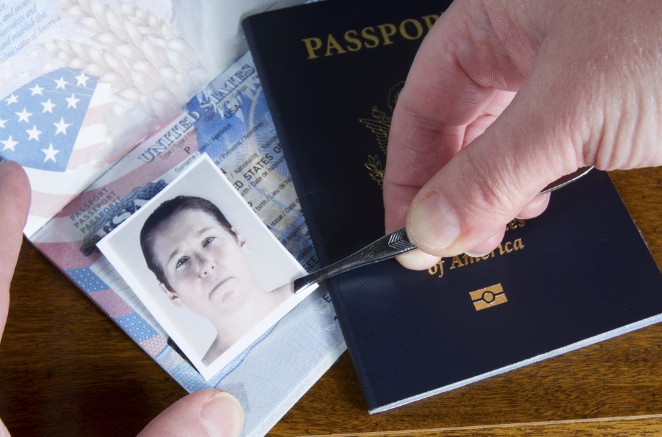The Holocaust
Righteous Among the Nations: Tactics That Saved Thousands
Hiding spots, forged documents, escape lines, child rescue, and unwavering human kindness — how ordinary people defied the Nazis
 (Photo: shutterstock)
(Photo: shutterstock)The Righteous Among the Nations did much to aid Europe’s Jews during the Holocaust. Rescuers hid Jews in their homes, forged identity papers, assisted escapes, saved children, and provided encouragement and moral support.
1) Hiding Jews in Homes, Farms, and Concealed Bunkers
In the rural areas of Eastern Europe, rescuers dug hideouts or bunkers beneath houses, cowsheds, and barns where Jews could remain unseen. Others hid people in attics, forest refuges, and any place that could offer cover, including cemeteries, even sewer tunnels and zoo cages.
Beyond the constant threat of execution if discovered, physical conditions were brutal: cramped spaces, darkness, and cold. Rescuers lived in fear as well, while finding food for those in hiding, which was no simple task for poor families in wartime, and disposing of waste. Sometimes Jews were presented as non-Jews, as relatives of the rescuers, or as adopted children. In cities, safe apartments were used and children were left in monasteries, where nuns concealed their true identities. In Western Europe, Jews hid mainly in private homes, farms, and monasteries.
 (Photo: shutterstock)
(Photo: shutterstock)2) Forged Papers and Assumed Identities
To live under an assumed non-Jewish identity, Jews needed forged documents and ongoing help. Rescuers included forgers and clerks who issued false papers, members of the clergy who forged baptism certificates, and foreign diplomats who provided visas, passports, or letters of protection — often against their governments’ policies.
In late 1944, diplomats in Budapest issued protective papers and even hung their national flags over entire buildings to place them under their countries’ protection. German rescuers such as Oskar Schindler and Berthold Beitz used ruses and deception to protect Jewish workers from deportation, claiming they were essential to the German war effort.
3) Smuggling and Escape Assistance
Some rescuers helped Jews leave especially dangerous areas for safer ones, such as smuggling people out of ghettos and prisons, guiding them across borders into countries not occupied by Germany (for example, neutral Switzerland), to areas under Italian control from which Jews were not deported, or to Hungary before the German occupation in March 1944.
4) Rescuing Children
Parents faced agonizing dilemmas of whether to part from their children and hand them to strangers in hopes of saving their lives. In some cases, children whose parents had been murdered were adopted by families or taken in by monasteries. Across several countries, especially Poland, Belgium, the Netherlands, and France, underground organizations found homes for children, provided funds, food, and medical care, and ensured they were properly looked after.
 (Illustrative Photo: shutterstock)
(Illustrative Photo: shutterstock)5) Encouragement and Moral Support
Lorenzo Perrone, recognized as Righteous Among the Nations, saved Primo Levi during the war. Afterward, Levi described Lorenzo’s humanity as a key reason he endured: “If there is any meaning in trying to understand why I — out of thousands of others, survived, I believe it was first and foremost thanks to Lorenzo. And not necessarily because of his material help. Much more because in his attitude and actions, in his simple behavior and goodness of heart, he reminded me every day that on the other side of the barbed wire there still existed a humane and just world. That outside the camp there were people with hearts and pure values. That not everything was corrupt and cruel. That there was a world in which hatred and fear were strangers. True, all this was vague at the time, distant and hard to grasp, but it was worth the effort to survive in order to return to it.”
Likewise, Berthold Beitz saved many Jews by employing them in his oil company and lifted their spirits. Almost as vital as the daily bread ration was the certainty that someone nearby shared their suffering and could be turned to in times of distress. Many survivors testified that in their darkest hours Beitz instilled courage and predicted a quick end to their torment. The humiliated inmates also drew strength from his repeated admission that as a German, he was ashamed of his countrymen’s crimes.

